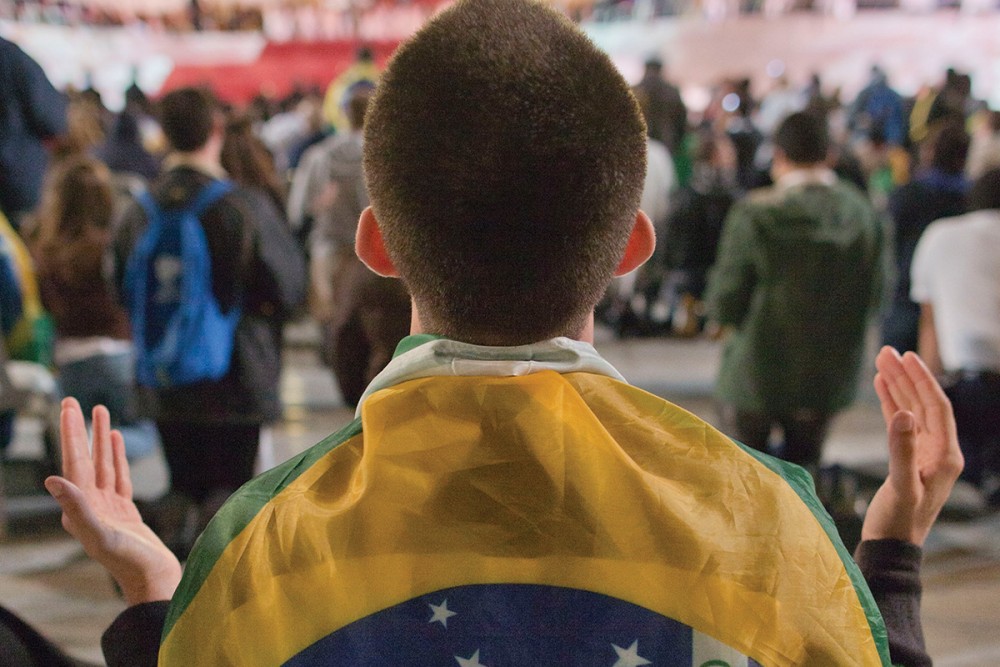Christian nationalism is thriving in Bolsonaro’s Brazil
Understanding the political situation in the US’s mirror-image nation

The January 6 insurrection on Capitol Hill brought the impact of Christian nationalism to the forefront in the United States. The prominent presence of Christian symbols and messages in that tragic event shocked many US Christians and caused them to join with others in condemning the role that religious resentment has played in radicalizing a significant number of White Americans.
Christian nationalism, however, is not solely a US phenomenon. It is particularly evident and virulent in Brazil.
American sociologist David J. Hess once described Brazil and the United States as “slightly distorted mirror-images of each other.” While one must take historical and cultural differences into consideration, the image of the mirror illuminates recent events in both countries. In fact, as historian Benjamin Cowan argues, Brazil and the United States have constructed together a transnational religious right. The Christian nationalisms of these two nations are intimately connected.




